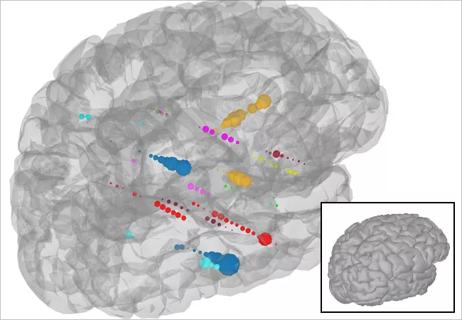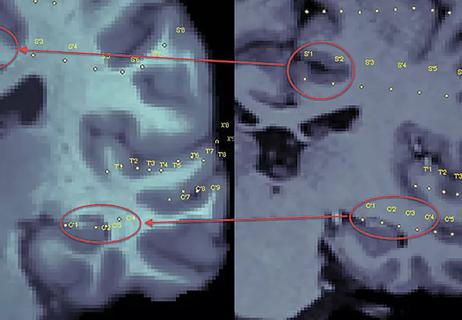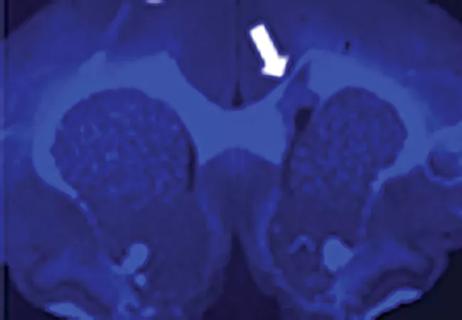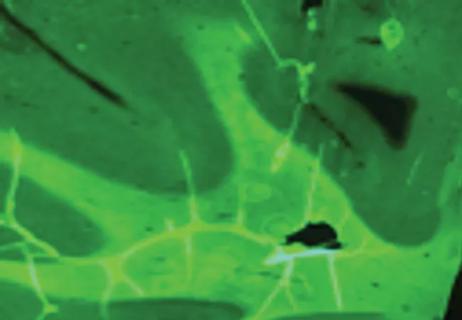Tag debug info: client: {"assets":{},"datasets":{},"live":{},"projects":{},"users":{},"observable":{"assets":{},"datasets":{},"live":{},"projects":{},"users":{}}} Now: 1770521445294 Cache Key: cqdTagPageBySlug:imad-najm fetchCache[cqdTagPageBySlug:imad-najm].expirationTime: falsey fetchCache[cqdTagPageBySlug:imad-najm]. seconds remaining: falsey All fetchCache expiration times: -- Key: cqdNotFoundPage, seconds remaining: 8707 -- Key: cqdTagPageBySlug:robert-abouassaly, seconds remaining: -12714 -- Key: cqdPostsByTag:cqd-migrated-tag-18567,1,10, seconds remaining: -12648 -- Key: cqdTagPageBySlug:gabriel-leger, seconds remaining: -11401 -- Key: cqdPostsByTag:cqd-migrated-tag-17780,1,10, seconds remaining: -11345 -- Key: cqdTagPageBySlug:face-transplant, seconds remaining: -10304 -- Key: cqdPostsByTag:cqd-migrated-tag-896,1,10, seconds remaining: -10249 -- Key: cqdTagPageBySlug:translational-research, seconds remaining: -9206 -- Key: cqdPostsByTag:cqd-migrated-tag-22665,1,10, seconds remaining: -9157 -- Key: cqdTagPageBySlug:gefapixant, seconds remaining: -5039 -- Key: cqdPostsByTag:cqd-migrated-tag-26600,1,10, seconds remaining: -4983 -- Key: cqdTagPageBySlug:nerve-growth-factor, seconds remaining: -4527 -- Key: cqdPostsByTag:cqd-migrated-tag-22163,1,10, seconds remaining: -4472 -- Key: cqdTagPageBySlug:behcet-disease, seconds remaining: -2715 -- Key: cqdPostsByTag:cqd-migrated-tag-18335,1,10, seconds remaining: -2663 -- Key: cqdTagPageBySlug:peds-gi, seconds remaining: -1490 -- Key: cqdPostsByTag:cqd-migrated-tag-401,1,10, seconds remaining: -1430 -- Key: cqdTagPageBySlug:nuisance-alarms, seconds remaining: -472 -- Key: cqdPostsByTag:cqd-migrated-tag-16957,1,10, seconds remaining: -419 -- Key: cqdTagPageBySlug:lpa, seconds remaining: 1733 -- Key: cqdPostsByTag:cqd-migrated-tag-19748,1,10, seconds remaining: 1786 -- Key: cqdTagPageBySlug:reproductive-aging, seconds remaining: 2042 -- Key: cqdPostsByTag:cqd-migrated-tag-23331,1,10, seconds remaining: 2096 -- Key: cqdTagPageBySlug:philippe-haouzi, seconds remaining: 3838 -- Key: cqdPostsByTag:cqd-migrated-tag-26787,1,10, seconds remaining: 3885 -- Key: cqdTagPageBySlug:modified-foods, seconds remaining: 4639 -- Key: cqdPostsByTag:cqd-migrated-tag-21854,1,10, seconds remaining: 4724 -- Key: cqdTagPageBySlug:gynecologic-surgery, seconds remaining: 6893 -- Key: cqdPostsByTag:cqd-migrated-tag-22132,1,10, seconds remaining: 6944 -- Key: cqdTagPageBySlug:neurogenic-lower-urinary-tract-dysfunction, seconds remaining: 7605 -- Key: cqdPostsByTag:cqd-migrated-tag-24787,1,10, seconds remaining: 7654 -- Key: cqdTagPageBySlug:four-pillar-project, seconds remaining: 8707 -- Key: cqdPostsByTag:cqd-migrated-tag-23718,1,10, seconds remaining: 8758 -- Key: cqdTagPageBySlug:sacral-nerve-stimulation-sns, seconds remaining: 8886 -- Key: cqdPostsByTag:cqd-migrated-tag-18115,1,10, seconds remaining: 8934 -- Key: cqdTagPageBySlug:brandon-prendes, seconds remaining: 9331 -- Key: cqdPostsByTag:cqd-migrated-tag-23976,1,10, seconds remaining: 9439 conditions: -- false, -- NA, -- NA, -- NA -- false Cache miss for key cqdTagPageBySlug:imad-najm - retrieving from Sanity CCCache.dataFetchCount: 19102 Cache cleanup seconds remaining: 7286
Advertisement
Advertisement
Resulting localization of a single focus paves way for laser ablation
The case for personalized brain mapping in complex disorders
Quantitative imaging of white matter integrity beyond what MRI can do
Initial studies show promise in localizing elusive epileptic foci
Advertisement
Cleveland Clinic is a non-profit academic medical center. Advertising on our site helps support our mission. We do not endorse non-Cleveland Clinic products or services. Policy
Rendered: Sun Feb 08 2026 03:30:45 GMT+0000 (Coordinated Universal Time)
9500 Euclid Avenue, Cleveland, Ohio 44195 |
800.223.2273 | ©
2026 Cleveland Clinic. All Rights Reserved.



